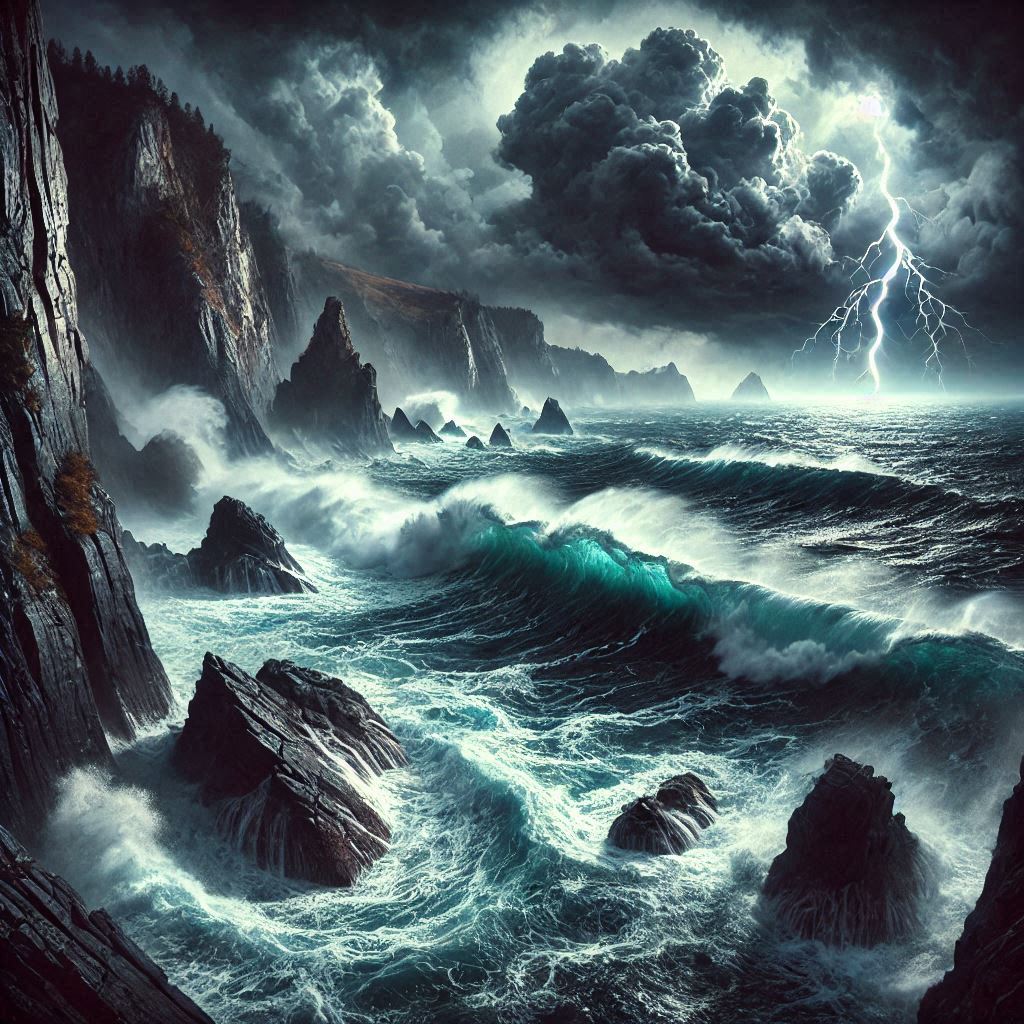
DECEMBER 19
The sea was no more.
(Revelation 21:1)
We can hardly rejoice at the idea of losing the magnificent ocean. The concept of new heavens and a new earth becomes less appealing if it means that there will literally be no vast, beautiful sea with its gleaming waves and sandy shores. Should we not consider the text as a metaphor influenced by the typical view of the sea held by the ancient Oriental mind?
A physical world without a sea feels sorrowful; it would be like a ring missing the sapphire that gives it value. There must be a deeper spiritual meaning here. In the new existence, there will be no divisions—the sea often separates nations and people from one another. For John on Patmos, the deep waters felt like prison walls, isolating him from his fellow believers and his work. In the glorious future we anticipate, there will be unbroken fellowship for all the redeemed. In this sense, there shall be no more sea.
The sea symbolizes change; its ebbs and flows, its calmness and storms, its gentle murmurs and tumultuous roar, ensure it is never the same for long. It is at the mercy of the fickle winds and the changing moon, and its instability is well-known. In our earthly journey, we experience too much of this; the earth is constant only in its inconstancy. Yet in our heavenly state, all sorrowful change will be absent, along with every fear of storms that might wreck our hopes or drown our joys. The sea of glass shimmers with splendor, untouched by any wave. No tempest rages along the peaceful shores of paradise.
Soon we will arrive at that joyful land where partings, changes, and storms will cease to exist! Jesus will guide us there. Are we in Him or not? This is the grand question.


